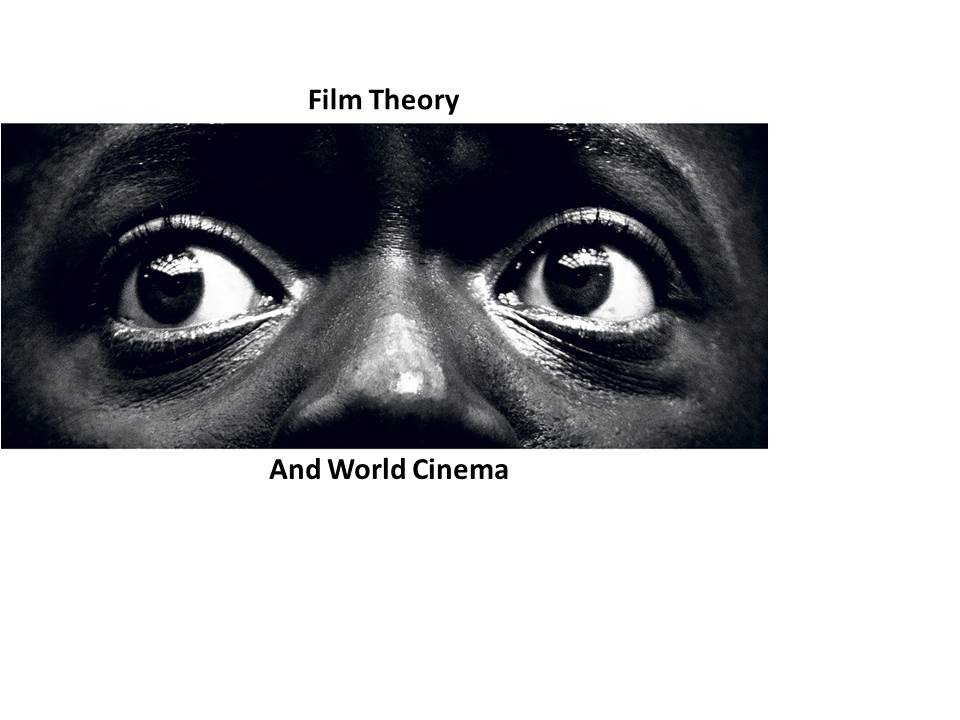
MC426 is designed to enable a consistent, informed and plausible reading of popular film representations, discourses and cultures of consumption in specific geopolitical contexts. Introducing theories from the humanities and the social sciences, lectures offer alternative approaches to theorising sexuality, gender, race, class, religion, national identity, childhood, history and politics in popular commercial films and their interpretation by audiences. The impact of unequal power relations - on how representations are reproduced, spectatorship is theorised and censorship policies are formulated - will be demonstrated and analysed. While the course offers a particular focus on Hindi commercial cinema as an example of World cinema, it refers more widely to examples from other National Cinemas such as those of China, Korea, Australia, Mexico and Iran. A key learning method is the extensive interrogation of audiovisual materials. To this end, there will be five film screenings alongside the lectures and seminars. Additionally, films referred to on the course will be made available through the library or can be downloaded and watched from popular film sites on the internet.
